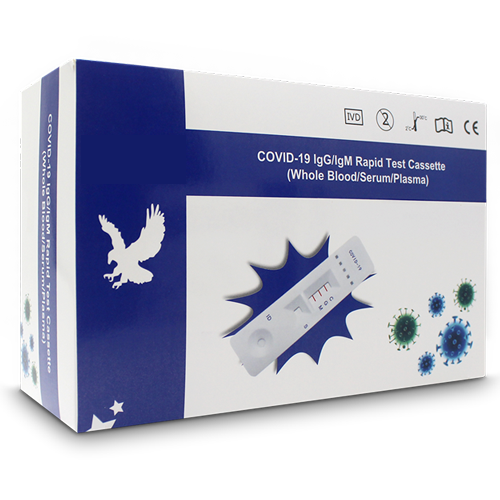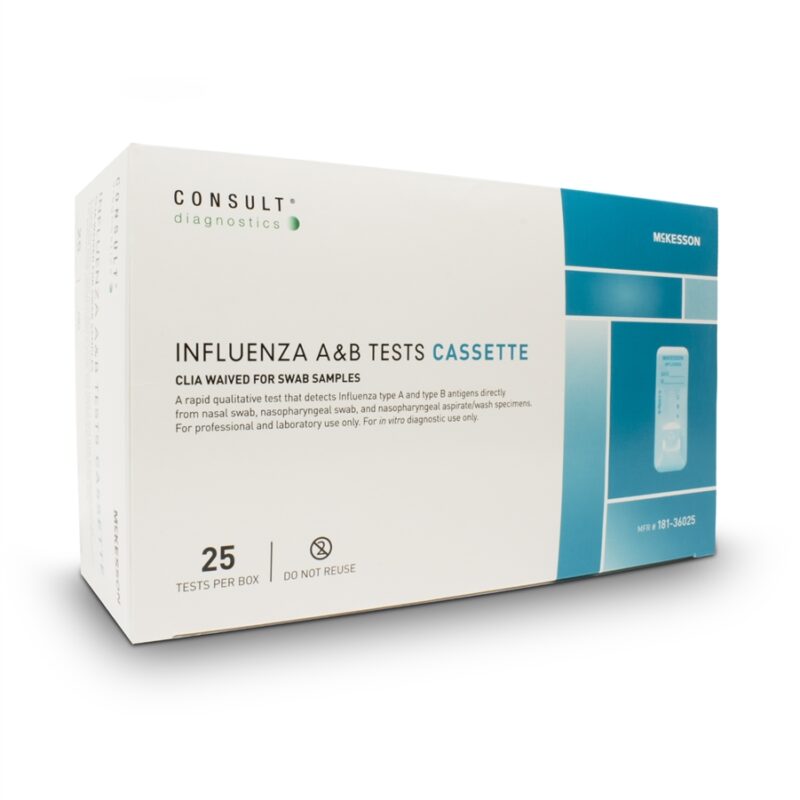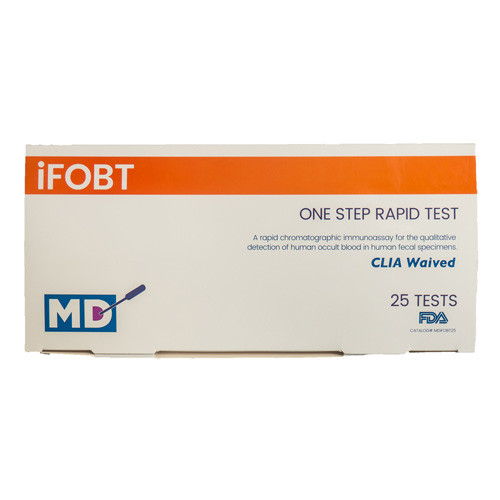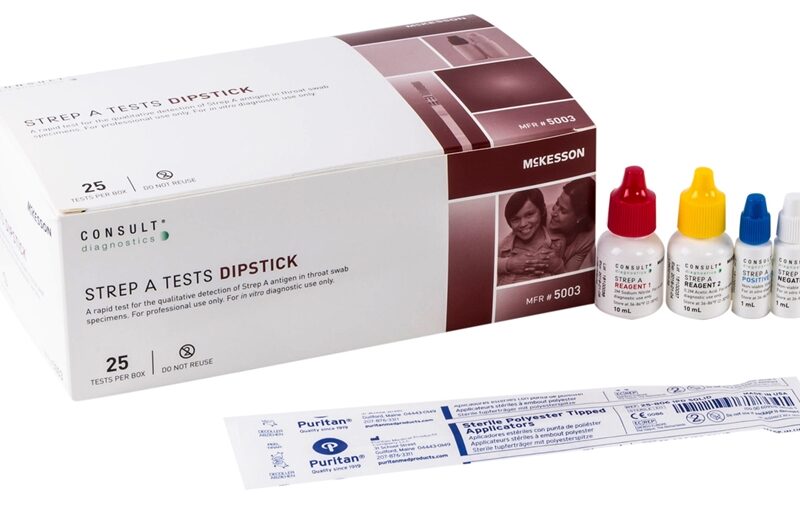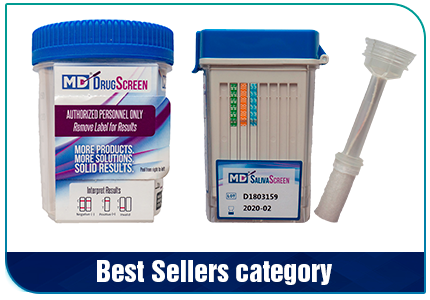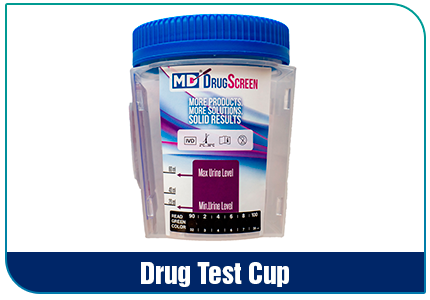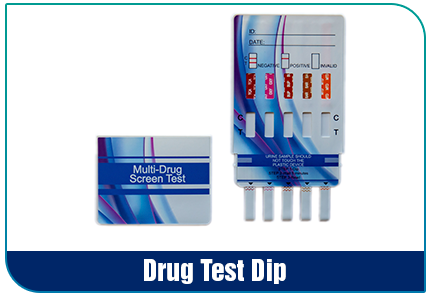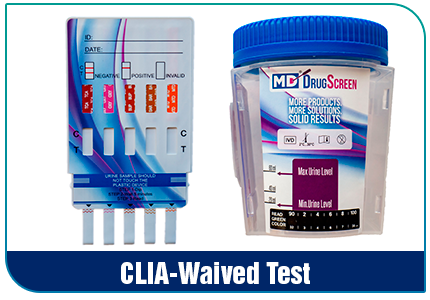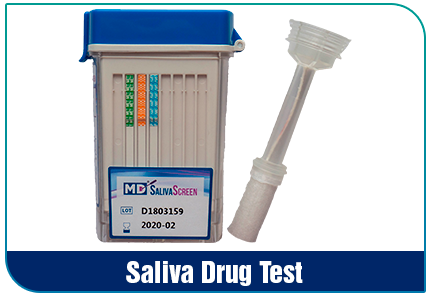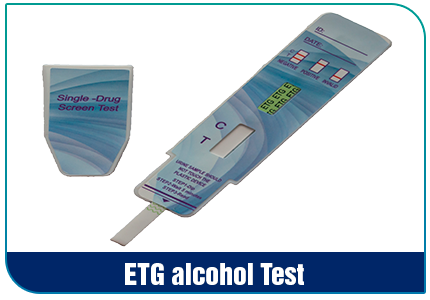
Infectious Disease Test Kits
-
Covid Home Test Kits
$260.00 -
Rapid Flu Test Kit
$345.00 -
FECAL OCCULT BLOOD TEST KIT IFOBT TEST (25 TESTS)
Original price was: $129.00.$79.99Current price is: $79.99. -
Rapid Strep Test Kits
$95.00
Infectious diseases can be a serious threat to health and safety. As such, it is important for companies to have access to reliable testing supplies so they can identify any potential issues quickly and effectively. Infectious disease test kits are an essential tool that allow organizations to accurately detect illnesses like influenza or strep throat with minimal effort. In this blog post, we will explore the various aspects of infectious disease test kits in depth – from the types available through ordering and shipping processes all the way up to safety precautions when handling them. Get ready as we dive into everything you need to know about these invaluable testing tools!
Overview of Infectious Disease Test Kits
What is an Infectious Disease Test Kit? An infectious disease test kit is a collection of supplies and materials used to detect the presence of certain viruses, bacteria, or other pathogens in a sample. These kits typically include swabs for collecting samples from the nose or throat, reagents for testing the sample, and instructions on how to use them. The results are usually available within minutes.
Types of Tests Available There are many different types of tests available depending on what type of infection you’re looking for. Common tests include those that detect influenza (flu), strep throat, HIV/AIDS, hepatitis B & C, tuberculosis (TB), and sexually transmitted infections (STIs). Some kits also offer multiplexing capabilities which allow you to test for more than one pathogen at once.
Infectious disease test kits provide quick results without having to send samples off to a lab or wait days for results, which can be especially beneficial when trying to diagnose an illness quickly so treatment can begin right away. Additionally, these kits often come with detailed instructions making it easy even for someone with no medical training to perform the tests correctly and accurately interpret the results.
Influenza Testing
What is Influenza?
Influenza, commonly known as the flu, is a contagious respiratory illness caused by influenza viruses. It can cause mild to severe symptoms and can even lead to death in some cases. Symptoms of the flu include fever, chills, body aches, fatigue, sore throat, runny nose and coughing.
How to Perform an Influenza Test
The most common way to test for influenza is through a rapid antigen test or RT-PCR (reverse transcription polymerase chain reaction) test. The rapid antigen test involves taking a swab from the patient’s nose or throat and testing it for the presence of antigens that indicate infection with an influenza virus. The RT-PCR test requires collecting a sample of mucus from the patient’s nose or throat which is then tested for genetic material associated with an influenza virus. Both tests provide results within minutes but may vary depending on laboratory processing times.
Benefits of Testing for Influenza
Testing for influenza can help diagnose patients quickly, allowing them to receive appropriate treatment sooner rather than later. Early diagnosis also helps prevent further spread of the disease since infected individuals will be more likely to take steps such as self-isolation if they know they have been exposed to the virus. Additionally, testing allows healthcare providers to track outbreaks and monitor changes in viral strains over time, which helps inform public health decisions related to vaccine development and distribution strategies.
Strep Testing
Strep testing is a type of infectious disease test used to detect the presence of streptococcus bacteria. Strep is a common bacterial infection that can cause symptoms such as sore throat, fever, and swollen lymph nodes. If left untreated, it can lead to more serious complications such as rheumatic fever or kidney inflammation.
What is Strep?
Strep is an abbreviation for Streptococcus pyogenes, which are gram-positive bacteria found in the human body. These bacteria are responsible for many infections including strep throat and scarlet fever. They can also cause skin infections such as impetigo and cellulitis. In some cases, they may even lead to sepsis or toxic shock syndrome if not treated promptly with antibiotics.
How to Perform a Strep Test?
A strep test involves taking a sample from the infected area using either swabbing or scraping techniques depending on where the infection is located on the body. The sample will then be sent off to a laboratory for analysis under a microscope so that doctors can determine whether there are any signs of strep present in the specimen. Depending on what kind of results come back from this test, further treatment options may be recommended by your doctor or healthcare provider.
Benefits of Testing for Strep:
Testing for strep has several benefits when it comes to treating an infection quickly and effectively before it spreads throughout your body or causes more severe health issues down the road. It helps identify exactly what type of bacteria you have so that you can get started on appropriate antibiotic treatment right away instead of having to wait until symptoms worsen before getting help from your doctor or healthcare provider. Additionally, testing allows doctors to track how well their patients respond over time after being prescribed antibiotics since certain types of infections require longer courses than others do in order to fully clear up all traces of infection from your system completely.
Ordering and Shipping Processes for Infectious Disease Test Kits
When it comes to ordering and shipping infectious disease test kits, there are a few important considerations. Knowing where to purchase the kits, cost factors, and delivery options can help ensure that you get the supplies you need quickly and safely.
Where to Purchase Test Kits: There are several online retailers that offer infectious disease test kits for purchase. It is important to research each vendor carefully before making a purchase in order to ensure they provide quality products with accurate results. Additionally, some vendors may offer discounts or special offers on bulk orders of testing supplies.
Cost Considerations: The cost of purchasing an infectious disease test kit will vary depending on the type of tests being ordered as well as any additional fees associated with shipping or handling charges. Some vendors may also offer discounts for bulk orders or other promotional offers which could reduce overall costs significantly.
Most vendors will ship their products via standard ground services such as UPS or FedEx, but some may also offer expedited shipping options if needed in a timely manner. Additionally, many vendors will provide tracking information so customers can monitor their package’s progress throughout its journey from point A to point B until it arrives at its final destination safely and securely
Safety Precautions When Handling Infectious Disease Test Kits
Proper Storage and Handling Guidelines: It is important to follow the manufacturer’s instructions for storage and handling of infectious disease test kits. Test kits should be stored in a cool, dry place away from direct sunlight. They should also be kept away from any sources of heat or moisture. All supplies must be handled with care to avoid contamination or damage. Gloves should always be worn when handling test kits, as well as other protective equipment such as masks and goggles if necessary.
Disposal Instructions for Used Tests: After use, all infectious disease tests must be disposed of properly according to local regulations. In most cases, this involves placing them in a sealed container before disposing them in an approved waste disposal site. Careful attention must also be taken not to contaminate surfaces during the disposal process by using gloves and other protective equipment where appropriate.
Personal protective equipment (PPE) is essential when working with infectious disease test kits due to the risk of exposure to potentially hazardous materials contained within them. This includes items such as gloves, face shields/masks, safety glasses/goggles, lab coats/aprons and disposable shoe covers depending on the situation at hand. It is important that these are used correctly at all times when dealing with test kits so that there is no risk of cross-contamination or injury caused by improper use.
FAQs in Relation to Infectious Disease Test Kits
What tests are used to diagnose infectious diseases?
The tests used to diagnose infectious diseases vary depending on the type of infection and its severity. Commonly used tests include blood tests, urine tests, sputum cultures, stool samples, throat swabs, chest X-rays and CT scans. Blood tests can detect antibodies that indicate a past or current infection while urine and stool samples can help identify bacteria or viruses in the body. Sputum cultures are used to detect bacterial infections in the lungs while throat swabs are taken to look for viruses such as influenza or strep throat. Chest X-rays and CT scans provide images of the lungs which can be useful for diagnosing pneumonia or other lung infections.
What does an infectious disease panel test for?
An infectious disease panel is a type of medical test that screens for various types of infections. It typically looks for bacteria, viruses, and parasites that can cause illnesses such as HIV/AIDS, hepatitis B and C, syphilis, gonorrhea, chlamydia, herpes simplex virus (HSV), cytomegalovirus (CMV), Lyme disease and more. The panel may also check for other conditions like tuberculosis or fungal infections. Results from the test can help diagnose an infection or provide information about how to treat it.
Conclusion
infectious disease test kits are an important tool for companies to have on hand in order to protect their employees and customers from potential health risks. By understanding the different types of tests available, such as influenza testing and strep testing, companies can make sure they are ordering the right type of kit for their needs. Additionally, it is important to understand the ordering and shipping processes involved with infectious disease test kits so that they arrive safely and quickly. Lastly, safety precautions should always be taken when handling these kits in order to ensure proper usage and prevent any contamination or spread of infection.
We need to take action now in order to combat the spread of infectious diseases. Halux Diagnostic offers a variety of drug testing supplies that are designed specifically for detecting, monitoring and diagnosing infectious diseases quickly and accurately. With our innovative test kits, we can help healthcare professionals detect potential infections faster than ever before. Investing in these reliable diagnostic tools is essential for reducing the risks associated with transmission rates and ensuring that patients receive timely treatment when needed. Let's work together today towards improving public health by investing in cutting-edge technologies from Halux Diagnostic!



